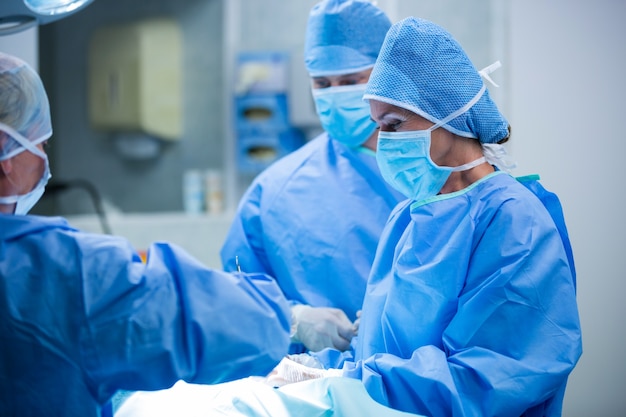
Recovering after surgery involves regaining physical, mental, and social functions to return to your pre-surgery state. It’s crucial for you to be able to handle daily activities, which boosts overall psychological well-being.
Surgery is tough on the body, and healing takes time. It’s vital to follow your surgeon’s instructions on medications, movement, and weight restrictions. Generally, the best recovery methods include carefully controlled physical activity balanced with plenty of rest, and a nutritious diet with extra protein to help restore your energy.
In this article, we provide tips for managing life after a tough surgery and getting back to normal.
Sticking to your post-surgery recovery plan and following your doctor’s instructions is critical. Many patients overlook instructions that seem minor, but every directive has a purpose. Ignoring them can lead to complications. When advised not to take baths, avoid certain activities, or lift heavy objects, it’s important to follow those guidelines.
Adhering to your recovery plan can prevent complications and make your home recovery smoother, helping you get back to normal quicker.
Sleep issues post-surgery are common, especially as pain medications are reduced and daily activity increases. Difficulty sleeping can be due to discomfort from not finding a comfortable position, pain, and stress. To return to a normal sleep cycle, certain remedies can help you relax and prepare for sleep.
Taking a relaxing bath can help you unwind. Light exercises or meditation can help reduce anxiety. Essential oils for sleep can also be deeply soothing, helping you calm your mind. Listening to calming music or natural sounds can aid in relaxation and make it easier to fall asleep.
Preparing for surgery and the recovery process can be daunting. Patients often feel depressed, scared, and anxious. During such times, prayers for recovery can provide a sense of hope and peace. Prayer acts as a form of meditation, helping patients focus on deep breathing and mindfulness, fostering a stronger mind-body connection.
Keeping all follow-up appointments is equally important. Even if you feel great and your wounds appear to be healing well, these appointments allow doctors to check for infections, adjust medications, and manage any long-term side effects. Additional tests like blood work, x-rays, or scans might be necessary to ensure everything is progressing well. These visits also provide a chance to discuss any concerns or questions.
Post-surgery, many patients experience a loss of appetite due to nausea, constipation, or general lack of hunger. Eating nutritious foods and keeping hydrated is essential for healing, maintaining strength, and preventing complications. Consuming fruits, vegetables, healthy fats, protein, and carbohydrates can boost your energy and support your immune system.
Following your surgeon’s instructions, getting adequate rest, and attending all follow-up appointments are key to a successful recovery. Though healing takes time and patience, having support from friends, meditation, and prayers can make the transition smoother and help you return to normal life fully recovered.